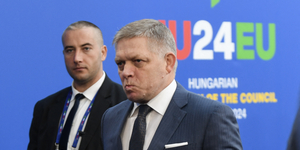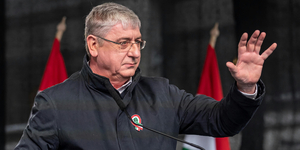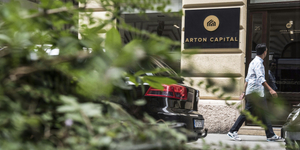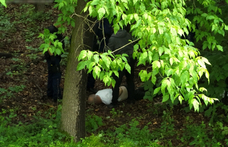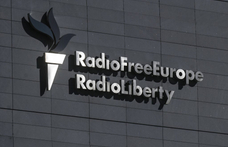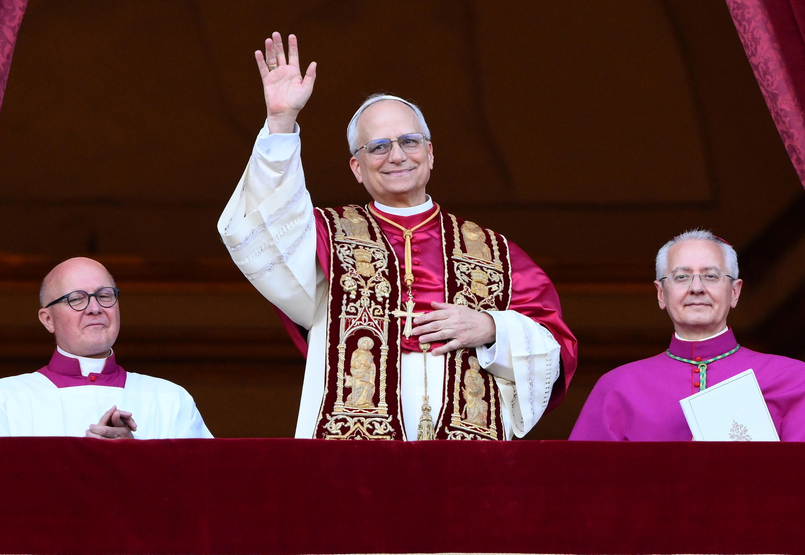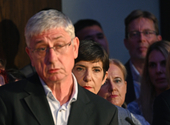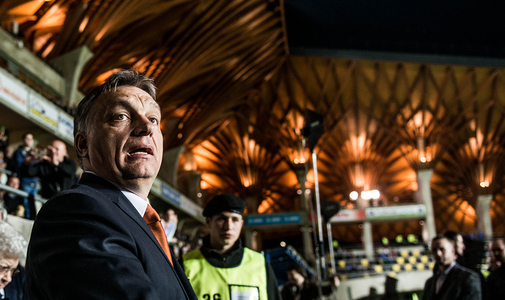Prospects for a Budapest Olympics
Budapest has the necessary qualities to win the right to host the Olympics, but the city - and the country - could not hold the Games in the condition they are in today, according to a study by PricewaterhouseCoopers (PWC). We spoke to the president of the Budapest Olympic Movement (BOM) and a sport economist.
© BOM |
PwC calculated in 2006 that, assuming average annual GDP growth of 4 per cent until 2020, preparing for and hosting the Games would cost Ft4,156bn ($26bn). Although this sum might look like a huge burden for Hungary, the study did not conclude that this would be an obstacle.
Since then, certain factors have arisen that would make it harder to host the Games. For one thing, the global and domestic economic environments have changed drastically: growth perspectives have declined, and inflation risks have risen. For another, the costs of the infrastructural, security and technological provisions needed to host the Olympics have risen dramatically.
So it's worth asking whether it would not be unrealistic to aim to host the games. Would it not be too much of a burden in an economic environment where budget cuts have slowed growth down and where necessary reforms are proceeding slowly and where real efforts are needed to restore investor confidence.
Economic growth is one such key problem. Although the Olympics have become among the most lucrative sporting events in the world - with the exception of Athens, all events since the 1976 Montreal Olympics have been profitable - the Bank of China has carried out a study showing that no host of the past 60 years has managed to escape without an economic slowdown in the aftermath of the games. Overall, it was found, host countries saw a fall in growth of 0.4 to 2.5 per cent a year over the eight years following the Olympics compared to the eight years that preceded the games. The biggest slowdowns were seen in the smaller host countries.
The costs of hosting the Olympics are another issue. Some argue that China's immense spending has set a precedent for the countries that will follow. China spent more - up to $60bn - on the Olympics than any country before it. The Bird's Nest stadium alone cost almost $500m.
This is around four times the sum spent on the 2004 Athens Olympics and about 1.5 - 2 times more than the budget PwC envisaged for a Budapest Olympics. China's investment will pay off, though - a 1999 study anticipated profits of $1.625bn. Spending on this scale is impossible for a small country, according to the sport economist Ferenc Denes.
© BOM |
He said budgeting for the expenditure would be a problem for a small country, but that infrastructure would not need to be a problem. The challenge for Hungary would be convincing citizens that their country was in a position to host the games, he said. The sport economist added that the current economic situation made it unlikely that the games could be held in Budapest.
But Szalay-Berzeviczy disagreed: a project on this scale would, he said, help promote political unity and budgetary discipline, as well as speeding the country's and the city's infrastructural development.
The 2020 Games are the earliest the Budapest could bid for. The time for this comes in 2011. At the moment, the country has to decide whether it is worth starting the preparatory work, according to the president of the BOM.
This stage of the preparations would not be about the buildings and the investments but about the financial planning, choosing locations and working on international sport diplomacy, Attila Szalay-Berzeviczy said.
Aside from this, the government has to work on the convergence programme, on getting the economy moving and on introducing the euro so that, in 2011, when Hungary holds the EU presidency, the threads could come to together, he added.
PwC's 2006 feasibility study warned of the risk of destabilising the budget, but BOM's president does not see this as an impossible challenge. Preparing for the Olympics would create budgetary problems if the financial planning was inadequate, he said. He thought it would be possible to learn from the mistakes made in previous Olympics.
The population would certainly have to bear some of the burden. But Szalay-Berzeviczy believed people would be prepared to offer their support if the project was carried out transparently. So he did not expect a lack of support.
In connection with the current gloomy economic conditions, he pointed out that winning the right to host the Games and holding them were part of a 20-year process. It would be pointless, he added, to form an opinion based on the current economic environment. It was worth taking current trends as a basis for long-term projects, he said. At the same time, he added, "Hungary needs something big."
Zs.Sz.

